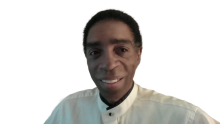"Language Mastery: A Comprehensive Course for Effective Communication"
Language learning courses are designed to help students develop proficiency in a new language. These courses cover a wide range of topics, including grammar, vocabulary, pronunciation, and cultural understanding. Students will have the opportunity to practice speaking, listening, reading, and writing in the target language through interactive activities and exercises. The courses are taught by experienced instructors who are native speakers of the language, providing students with an immersive learning experience. Students will also have access to various resources, such as textbooks, audio recordings, and online tools, to enhance their learning. Whether you are a beginner or looking to improve your existing language skills, these courses offer a structured and comprehensive approach to language learning. By the end of the course, students will have a solid foundation in the language and be able to communicate effectively in real-life situations.
English
Last updated
Sat, 01-Jun-2024










